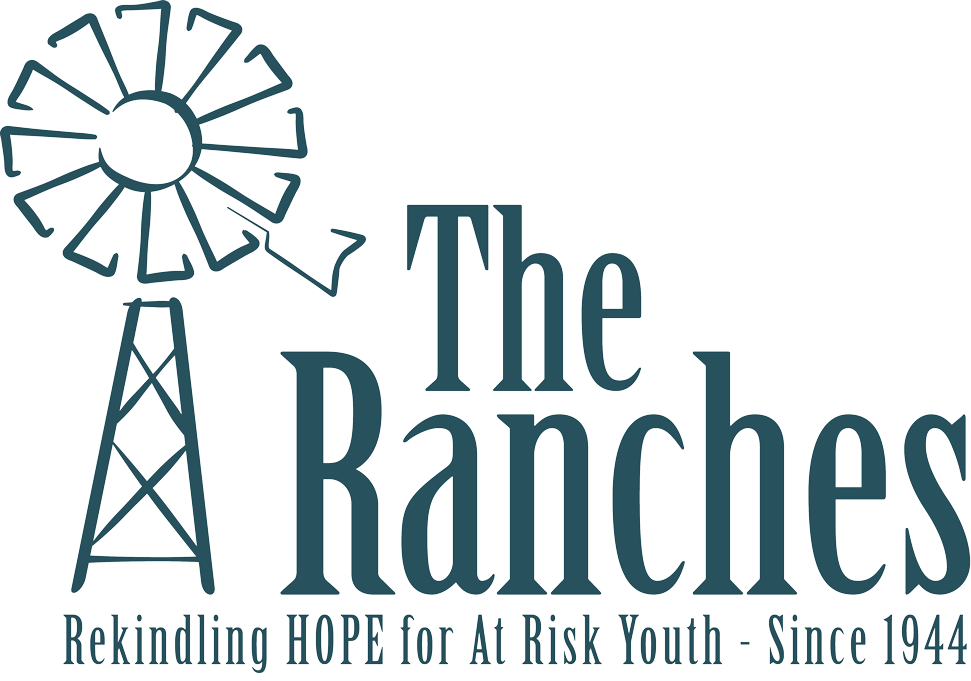We often hear the kids that we serve exclaiming that we cannot tell them how to think or how to feel.
It is in these times that we have to remind them that we have been asked to provide them a different way of looking at things (how to think) and a different way of interpreting the actions of others (how to feel). Conversely and simultaneously, we have to work with our staff to not allow the kids to damage their self-esteem and diminish their enthusiasm for doing this job. The kids often tell the staff that they are stupid, or childish, or not their parent. All in an attempt to escape accountability and continue on thinking and feeling the way that they want to. This got me thinking: Can we tell others how to think or feel?
In short, we can tell others how to think and how to feel, but it is almost always met with resistance.
We, as human beings created in God’s image, are curious, inquisitive and slightly skeptical. We begin our skepticism very early and, for many of us, start our verbal communication with a resounding “NO” in the general direction of our parents. This resistance is usually met with a healthy dose of patience and a bit of stubbornness from the parents that we are attempting to resist. This eventually leads to trust as children begin to see the benefits of what they initially rejected. Over time, children in healthy environments learn to temper their skepticism and reserve judgement until they can determine the intentions of the person attempting to influence them. These children become lifelong learners.
Children who are not raised in a supportive, and slightly stubborn, environment do not learn to trust and, therefore, do not learn to temper their skepticism nor reserve their judgement. These kids learn to resist at all costs and eventually become entrenched in negative behavior simply because it is safer than risking trust. These kids tend to struggle in school and tend to struggle to find and maintain healthy relationships. Unfortunately, they tend to find others that see the world in the same way and form very intense relationships with other kids who share their resistance to influence. These children are dedicated to lifelong codependency and resistance to risk.
Fortunately, there is hope. We can reach out to these children and teach them to trust. The process is very different for this group and begins with honest feedback centered around the negative behaviors and characteristics being displayed. In today’s world, there is a belief that being honest about negative behaviors will lead to lowered self-esteem, but this honest feedback provides two essential benefits.
First, it establishes that you are willing to be honest with them about things that are difficult to address and, as a result, have credibility when you follow up with positive characteristics.
Secondly, negative feedback triggers their skepticism and they begin to resist being classified by their negative behaviors. They set out to prove you wrong about behaviors and character traits that you don’t want them to have. This seems like a win-win scenario for the adult and the child.
At The Ranches, we spend our days stubbornly and enthusiastically teaching kids to trust us enough to allow us to influence how they think and how they feel. We ask them to trust us, but in reality, we set about teaching them to trust themselves. With your help, we can continue this crucial step in Rekindling Hope in Today’s Youth.

